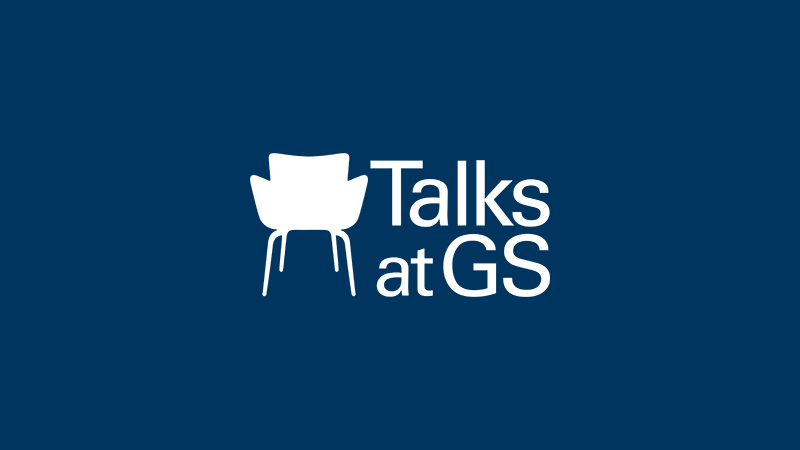Joe Bae, Co-CEO of KKR and Founder of The Asian American Foundation
Joe Bae, Co-CEO of KKR, discusses structural shifts in the global markets caused by the pandemic and war in Ukraine, trends shaping the Asian market, and his work to combat anti-Asian discrimination and violence.
On re-evaluating supply chain dependencies and manufacturing footprints: “Supply chain resiliency is definitely a conversation in every boardroom today, but I don't think, given how integrated the global economy is, that this complete decoupling is even realistic or practical. I think it's really about risk mitigation strategies, identifying those bottlenecks, those choke points where you may be too over-exposed to China and finding other markets to source from. There is clearly an effort with the administration here in the U.S. to onshore more capacity of critical sectors, like the semiconductor industry. I think there will be progress made on that front, but fundamentally, I think it's more important that those critical industries have capacity in countries that are friendly to the U.S., that are allies with the U.S.”
On the war in Ukraine’s impact on energy security and the transition to green energy: “I think energy security has been elevated as a concern around the world as much as energy transition and decarbonization. And I think what that means is you're going to have to have a very responsible and pragmatic approach to how do we transition to net zero. And a part of that solution will be natural gas. Energy demand is growing in the world. You can't not invest in natural gas if you're going to have an orderly transition at reasonable costs to consumers for energy. There may be a meaningful acceleration in renewables. Certainly in our infrastructure business, we've invested $27 billion around those sustainable themes -- solar, wind, et cetera. And I think that pace is just going to continue as the world moves towards net zero.”
On building KKR’s market in Asia: “We had no people in Asia. We had never invested in Asia. So, it was really a startup in the context of KKR. I think the most critical thing that our partnerships spent time talking about was strategy. How do we really differentiate ourselves if we go to Asia? And that really all came back to people at the end of the day. We localized our business from day one. We have eight offices today in Asia, over 350 employees out there, and maybe two or three expats. It is a very local business across eight different offices, and that's critical for our business. You have to be local. You have to be in those local communities. You have to have those local relationships and networks to access the best opportunities.”
On charting the mission of The Asian American Foundation: “Asian Americans don't have the equivalent of the NAACP for the Black community. We do not have the equivalent of the Anti-Defamation League for the Jewish community. That needs to be built. And that's really what fundamentally TAAF is trying to do. It's focused obviously on anti-hate and the violence we're seeing today. In New York City, in 2021, we've seen attacks on Asian Americans grow by over 360% in one year … We need better engagement with law enforcement. We need a more productive relationship with law enforcement. We need to have community organizations come together to support victims in a different way … But then there's a much broader agenda around education, Asian American studies in the United States, political participation in the United States. So, I view this as a multi-decade type of initiative.”
This episode was recorded on April 14, 2022



 Paul Farmer CBE, CEO of Mind
Paul Farmer CBE, CEO of Mind Jeff Maggioncalda, CEO of Coursera
Jeff Maggioncalda, CEO of Coursera Adm. Timothy J. Keating, USN (Ret.) and Brig. Gen. Robert S. Spalding III, USAF (Ret.)
Adm. Timothy J. Keating, USN (Ret.) and Brig. Gen. Robert S. Spalding III, USAF (Ret.) An Update on Therapies and Vaccines
An Update on Therapies and Vaccines